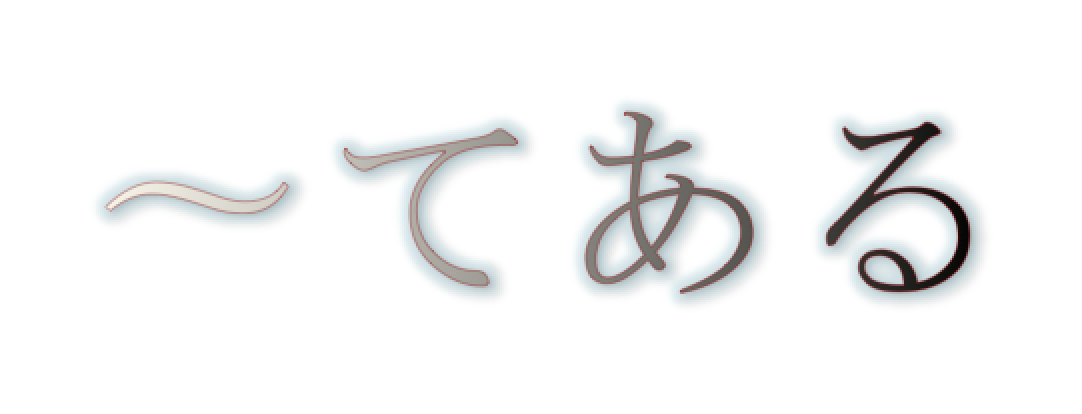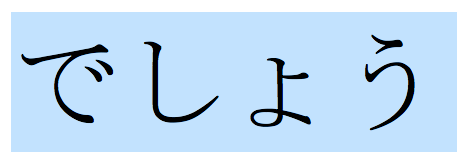〜て + ある (~tearu): saying something exists in a certain state
“~て+ある” is one of those expressions that doesn’t really have a directly translation in English, but once you grasp what it used for you may find what it can express quite useful. It is made using the て form (“食べて”、”歩いて”、”話して”、etc.) plus the word “ある” which means for something to physically exist, or be in a… Read More »




